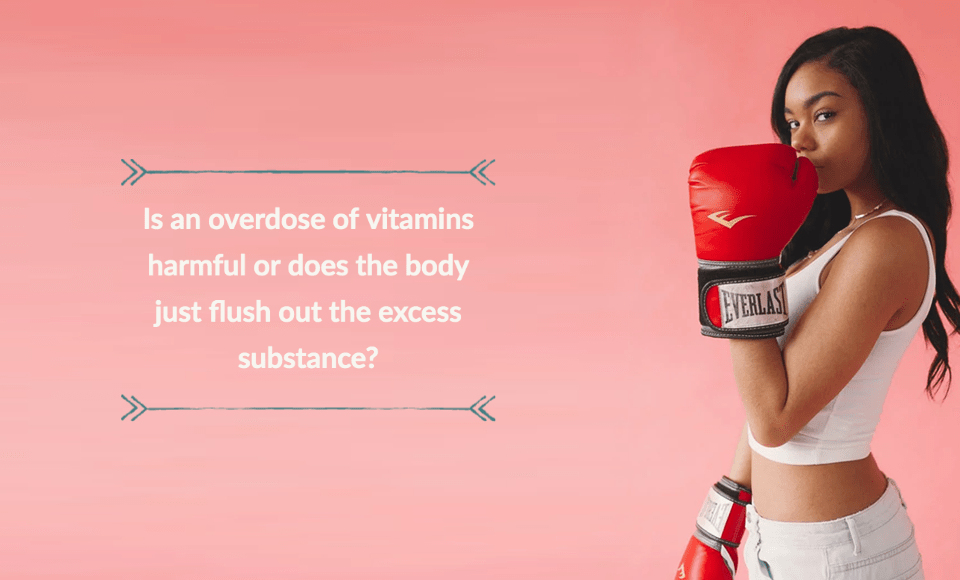Health is wealth. Yes, we all agree with that. You cannot be productive and accomplish anything if you are lying on your bed the whole day because you feel sick. That is why we all find ways to maintain the balance of our physical and mental being. Every day, we all strive to eat right, exercise, drink plenty of water, and get enough rest. We try to avoid stress as possible, taking everything in stride. However, even if we are doing our best, we need a boost; we need to increase our body’s wellness to deal with the stress, poor sleep, and dietary deficiencies that come from a busy life. That’s why we take vitamins for help to fill our nutrient gaps.
Do vitamins work effectively in your body?
Potential nutrients can lower risks for heart disease, stroke, cancer, and other health problems. And you can get these through eating enough fruits and vegetables every day, but if you are not in a healthy habit of eating, you can always resort to taking vitamins daily.
Vitamin supplements can increase our wellness. Calcium and Vitamin D are an aid in bone health.
Folic Acid is proven to reduce congenital disabilities; B Vitamins are proven to increase energy and support in neurological functions. Magnesium is proven to relax the body, antioxidants are proven to prevent certain cancers, and both Vitamin C and Zinc can effectively increase immune function. These are just a few benefits we can get from taking vitamins.
However, specific vitamin overdose has adverse effects on our body and might even lead to life-threatening conditions.
Too much vitamin D
Vitamin D, known as the “sunshine vitamin,” is a regulator of calcium and phosphorus in the bones. Having a vitamin D deficiency would cause the bones to become soft and weak, which might lead to an increased risk of osteoporosis, discomfort in the bones, and threats of broken bones.
On the other hand, too much vitamin D can lead to kidney damage and heart problems such as heart rhythm abnormalities.
Vitamin D overdose symptoms can lead to bothersome health issues, although perhaps temporary, include nausea, vomiting, alternating constipation, and diarrhea.
Also, in pregnancy, too much vitamin D has been shown to increase the potential of mental retardation in babies.
Too much vitamin B
Vitamin B complex or a group of 8 distinct B vitamins play a vital role in maintaining good health and well-being. As the building blocks of a healthy body, B vitamins have a direct impact on energy levels, skin and hair, brain function, and cell metabolism.
You’re unlikely to get too much vitamin B complex from your diet. They are water-soluble. That means they aren’t stored in your body but are excreted through urinating.
It’s unlikely to get too much vitamin B if you’re taking any supplementation as prescribed. However, an overdose is possible if you’re taking a supplement without receiving a deficiency diagnosis from your doctor.
A vitamin B6 overdose may cause nerve toxicity, and B3 overdose may cause nausea, jaundice, and liver toxicity.
Too much vitamin A
Vitamin A is not a single compound. Instead, it is a group of fat-soluble compounds collectively known as retinoids, which plays a crucial role in maintaining a healthy vision.
Since vitamin A is fat-soluble, it is stored in your fat cells, and an overdose of it slowly progresses as it accumulates in the body. The initial signs may appear through dryness and roughness of skin, cracking of lips, and losing hair.
Later symptoms include irritability, headache, high level of liver enzyme in the blood, and liver disease.
There are also cases of acute vitamin A overdose and the symptoms range from vomiting, high pressure in the brain, and even death.
Too much Iron
The right amount of iron consumption is critical to the function of the brain, muscles, and red blood cells, but higher doses cannot be metabolized. Excess iron can irritate the lining of the gastrointestinal tract and some severe complications will follow.
Iron overdose is the most dangerous among children below five years old because it can lead to fatal poisoning and death.
If a doctor advises that your child needs more iron, using liquid iron with a dropper will allow you to control the iron levels.
Taking the right amount of vitamins always has good benefits for our body and overall health. Yet, it is still best to seek professional advice on the dosage and the frequency of taking it.
